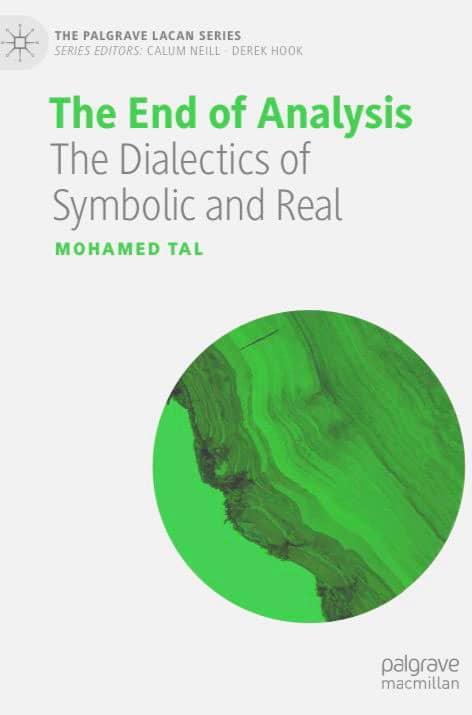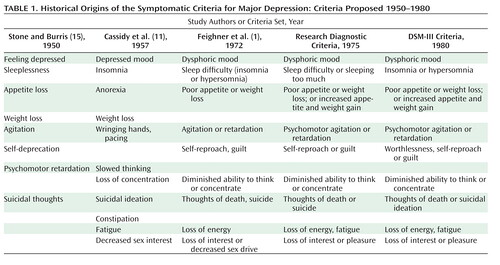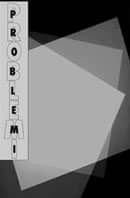Theoretical Works


Tal, M. (2023). The End of Analysis, The Dialectics of Symbolic and Real.
The Palgrave Lacan Series, Palgrave Macmillan.
Abstract: This book interrogates the “end of analysis” in psychoanalytic thought from Freud to Lacan. It demonstrates that the notions of mourning, renunciation, liquidation of transference, and traversal of fantasy cannot serve as a settlement for the castration complex (i.e., central to neurosis) but are rather prey to the castration complex itself. It shows how psychoanalysis remains incomplete as long as it has not surpassed them as fantasies sustained by psychoanalytic ideology. In other words, it argues that the analytic procedure must pull psychoanalysis out of this therapeutic tradition for it to be complete and to instigate an attempt of its renewal. The book equally revisits Freud’s and Lacan’s underpinnings in the Enlightenment project, in order to formulate the problem of transference on proper dialectical foundations—that is, the mechanism of alienation from Descartes to Hegel, Kierkegaard’s concept of anxiety, as well as the concepts of authority and value in Durkheim, Mauss, and Marx. In doing so, it provides fresh insights that will appeal to practitioners, as well as to scholars of psychoanalysis and philosophy.
Access BookTal’s book doesn’t propose an answer that would safeguard the status of psychoanalysis but rather a series of paradoxes that undermine its secure status. The end of analysis appears rather as a fantasy, not the traversal of the fantasy but the maintaining of it.From the Foreword by Professor Mladen Dolar, University of Ljubljana, Slovenia
This is an original, provocative, and most welcome book. Writing as a psychoanalyst, Tal unrepentantly calls for a high-theory renovation of Freudian praxis – as always-already Lacanian and only-just-now Cartesian. However, his exegetical acumen and incursions into philosophy serve one very concrete purpose: conceptualising the end of analysis. In the process, Tal dialectically subverts a series of orthodox clichés. For him, we enter analysis because transference does not work well enough in everyday life; neurosis is a perversion of perversion; the outcome of the analysis of neurosis thus amounts to neurosis itself (or new-rosis); the traversal of fantasy means the inevitability of fantasy; the so-called pass equals psychoanalysis’s analysis of itself as reinvention in the symptom. All in all, analysis is terminable precisely insofar as it opens onto the interminable. A truly fascinating read for anyone still committed to psychoanalysis as an epistemological, ontological, and ultimately political procedure of truth.Lorenzo Chiesa
From its inception, psychoanalysis aimed at attaining an end, its own end, the end of analysis. Thereby, it was supposed to have transformed its subject. But can one institutionalize such transformation? How does one end in the, let me say, left way? Mohamed Tal’s outstanding book shows us what it is to understand the intricacies that anyone thinking through the possibility of an institution of emancipation cannot but confront.Frank Ruda
From an author who works in both the psychoanalytic clinic and philosophy, this is an extremely forceful bringing together of the two to reopen and restage some of the fundamental concepts and moments of psychoanalysis, beginning with the concept of the end of analysis. With an amazing conceptual patience and an unyielding honesty in pursuing neglected and difficult questions, this book is a most refreshing, even if not too light, read that one enjoys more with every second of engagement with it.Alenka Zupančič


Tal, M.(2023). Diagnosis is a Symptom: Psychoanalysis versus Psychotherapy.
The Contemporary Clinic, e-flux notes 5/2023.
Abstract: The place of psychoanalysis in the field of mental health is a topic that has unfortunately been more muddled by attempts to answer it than if the question had been avoided altogether. For comparing psychoanalysis to therapy or psychiatry can lead to a series of assumptions that are difficult to correct: for instance, assuming that psychoanalysis and psychotherapies share the same clinical object, that psychoanalysis is merely a form of therapy meant to cure mental disorders, that other therapeutic practices are legitimate and scientifically proven interventions to restore normalcy, or that modern psychiatry’s concept of abnormality is accurate. Therefore, the question we should be asking is not “what kind of therapy is psychoanalysis?” but rather, “what is psychotherapy originally a therapy of, and how does psychoanalysis differentiate itself from it?”
Access Article

Tal, M. (2023). What If Imposture Is Not a Fraud? Imposter Syndrome Revisited
The Contemporary Clinic, e-flux notes 4/2023.
Abstract: This essay is a reply to Evan Malater and Celeste Pietrusza’s “The Mysterious Return of Imposter Syndrome,” which explores the challenges and difficulties facing psychoanalysis today. What are the pathologies of the contemporary clinic? How are these intertwined with politics, economy, and culture? And how is psychoanalysis reacting to the new circumstances?
Access Article
Tal, M. (2023). A Reading of ‘Analysis Terminable and Interminable’.
Problemi International 2023.
Abstract: In “Analysis Terminable and Interminable” Freud describes how the experience of analysis crashes at the limit of castration—which he calls a bedrock—and with it all its previous conceptual coordinates. On this point, Freud doesn’t provide a theory, but he provides evidence in the form of an ineffaceable scar or a last plea. What does Freud defend so dearly, to the point of giving to the failure of analysis—as a cure—the status of a terminus? I aim to respond to this question by providing a close reading of “Analysis Terminable and Interminable.” Specifically, I aim to show that what Freud indicates as a bottoming out of analysis in the castration complex is a subjective destitution.
Access Article
Tal, M. (2022). Nemožni Transfer in Kartezijanska Perspektiva. (Impossible Transference and the Cartesian Prospect)
Translated to Slovene by Samo Tomšič,
Problemi Journal 3-4/2022.
Abstract: This paper intends a thorough revision of the concept of transference and its function that articulates the subject of the unconscious, departing from Freud’s clinical considerations onto Lacan’s formalizations, and drawing their fundamental references to Descartes’ and Hegel’s works on negativity and dialectics. This investigation demonstrates that the notion of the liquidation of transference is a fantasy sustained by analytic ideology, and that given its inconsistency analysis can only afford to be resolved on a symptom, that rather satisfies the category of finality than that of an end.
Access Article